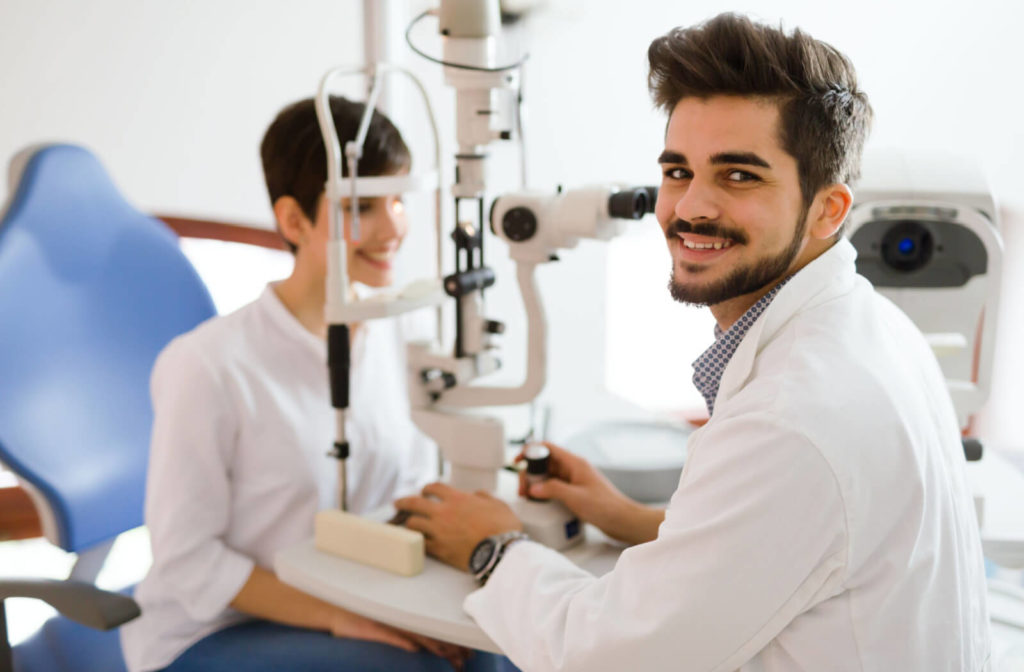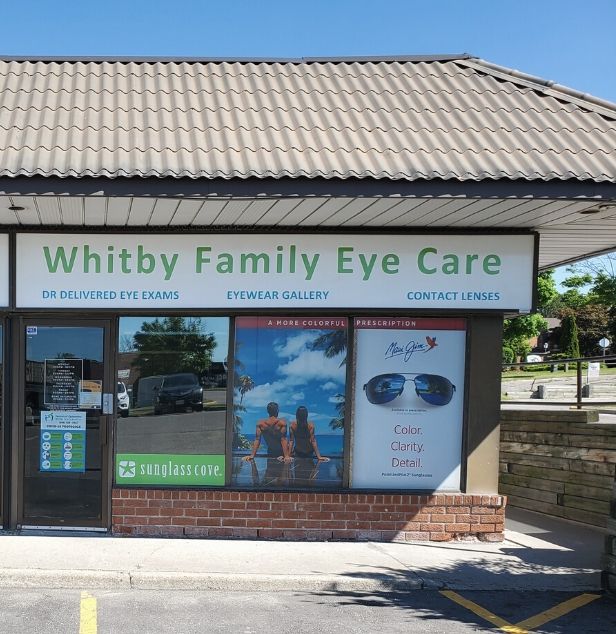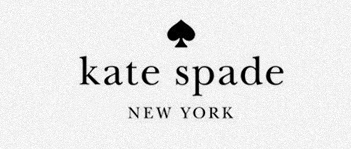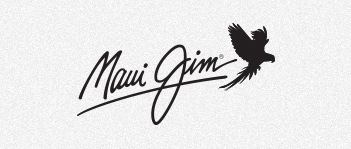We only get one pair of eyes, and it’s up to each person to take care of them. A huge part of taking our eye health seriously is getting comprehensive eye examinations at the recommended intervals to prevent or reduce the chance of serious problems.
As a society, we are so busy nowadays. Many things come down to two things: how long will it take? And how much will it cost? The cost will vary between clinics, but the plus side is that many extended health benefits offer some coverage to offset the cost. Regarding how long an eye exam will take: there is a bit of variance, depending on what your optometrist includes in the examination. It could be as quick as 15 to 20 minutes, but the exam could also take up to an hour or more. The timeframe depends on how many tests the eye doctor uses to evaluate your eye health fully.
This article explores why we get eye exams and looks at things that may change how long the examination takes.
Why Do We Get Eye Exams?
Before we get into how long an eye examination takes, it’s worth discussing why we get them in the first place and why they are worth the time. The primary reason that we get regular eye examinations is to maximize the chances of catching dangerous eye conditions or diseases before they become a problem.
For example, glaucoma often begins with little to no symptoms. Sometimes, you might notice the symptoms only after the disease progresses to a dangerous stage. However, if you’re getting regular exams, where the optometrist is screening you for glaucoma, there’s a good chance the condition will get caught early enough.
The Canadian Association of Optometrists released an evidence-based schedule for when all age groups, children through seniors, should get their eyes checked. Sometimes, your optometrist may recommend a more frequent schedule if there are extra risk factors for disease or complications.
Who Can Perform an Eye Exam?
An optometrist is a typical choice if we’re discussing a comprehensive eye exam that checks overall eye health and considers family history when screening for disease. Ophthalmologists are also qualified to perform a comprehensive eye exam. But an ophthalmologist is a specialized eye doctor who can perform surgery, so that’s typically their focus.
Other people, such as opticians, family doctors, or school nurses, can perform basic visual acuity tests, which determine how well your eyes focus at different distances. These are not to take the place of a comprehensive eye exam.
How Long Does an Eye Exam Take?
There is no one-size-fits-all answer for how long an eye examination will take. It could be as quick as 15 to 20 minutes, but the exam could also take up to an hour or more. The timeframe depends on how many tests the eye doctor uses to evaluate your eye health fully.
What Is Involved in an Eye Exam?
To understand how the timeframe of an eye exam may vary, let’s look at some of the potential tests that the eye doctor may use.
- Eye muscle movement test: The optometrist checks your eye movement to ensure they are correctly aligned.
- Visual acuity test: This tests your eye’s ability to focus as objects get smaller on the board or sheet.
- Refraction test: To determine your refractive error and determine the correct prescription your eyes need, the optometrist will do a refraction test.
- Slit lamp test: This enables the eye doctor to look at the back of your eye, which can test for certain conditions such as glaucoma or macular degeneration
- Pupil dilation: The eye doctor can screen you for glaucoma with the pupils dilated.
What Is the Eye Doctor Looking For?
Here are some specific things that your eye doctor may be looking for when they’re examining your eyes:
- Glaucoma
- Age-related macular degeneration
- Diabetic retinopathy
- Cataracts
- Refractive errors
- Inaccurate prescriptions on your glasses or contact lenses
One thing worth mentioning that strengthens the importance of frequent eye examinations is that many of these things can develop with little to no symptoms but can quickly become an emergency if left untreated.
Preparing for an Eye Exam
When you book a comprehensive eye exam, your optometrist or their staff should give you specific preparation instructions. However, many times there isn’t much prep required. Here are a few common things you can do to prepare for your exam:
- Family history and any other relevant medical information.
- Eye dilation is quite often a part of a comprehensive exam, so you should arrange a ride to and from the office because it’s typically not safe to drive with dilated pupils.
- Bring your current eyeglasses and/or contact lenses.
- Current medications, including over-the-counter eye drops.
- Insurance coverage information.
Booking Your Next Eye Exam
Depending on your age, you may need an exam annually or at least every 2 to 3 years. If you’re due for your next exam, give us a call at Whitby Family Eye Care. Our professional staff can answer all your questions and give you an idea of how long you can expect the exam to take in your situation.







